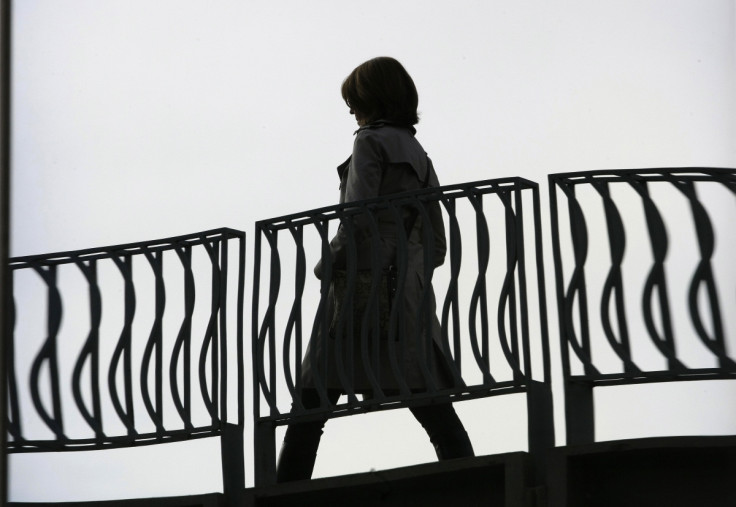UK Firms Named and Shamed For All-Males Boards in Equality Initiative

Fifty UK firms are set to be named and shamed for having all-male boards as part of an initiative to boost gender equality in business.
Lord Davies, a former Labour trade minister, will deliver his government sponsored report into the make-up of British boardrooms on 26 March.
Davies set a target in 2011 for the FTSE 100 to achieve 25% of women in boardroom positions by 2015
The current figure stands at 20.4%, up from 12.5% in 2011.
Davies' previous research found that 19% of directors in FTSE100 companies are female, up from 17.4% in May 2013 and an increase from 12.5% in February 2011.
More than a fifth (23.8%) of all women on FTSE100 boards are non-executive directors, up from 22% in May 2013 and a jump from 15.6% in February 2011, according the report.
Davies also revealed that 6.1% of executive directors are women, up from 5.6% in May 2013 and an increase from 5.5% in February 2011.
The data showed that FTSE100 employers need to appoint 66 more female directors in the next two years in order to meet Davies' target of 25% of women on boards.
But across British businesses only 7% of executive positions are held by women, according to BoardWatch.
The news comes after a shocking study found that senior British business women are two times less likely to be promoted than their male colleagues as the UK's leading companies face a "gender blockage at the top".
According to research from the campaign group the 30% Club, which was conducted by psychology consultancy YSC and professional services firm KPMG across FTSE 100 and FTSE 250 companies, a man starting his career in a FTSE 100 organisation is four and a half times more likely to make it to the Executive Committee.
© Copyright IBTimes 2024. All rights reserved.






